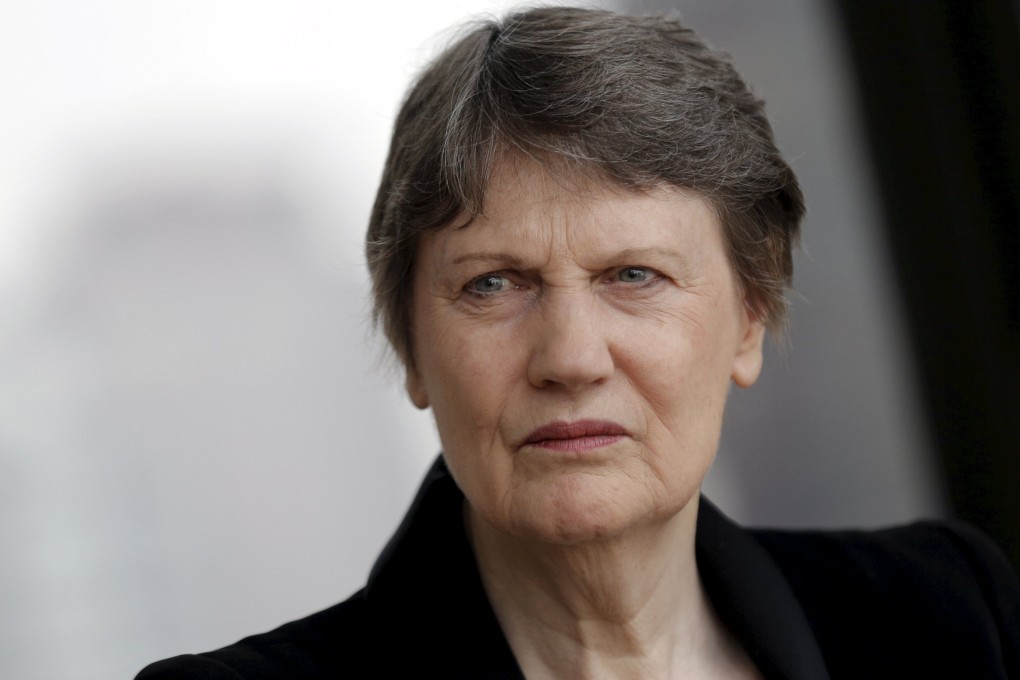Coronavirus: after Wuhan, it’s time for global response reset, says Covid-19 probe chief
- Helen Clark says gaps in the early response in the central Chinese city and a delayed reaction elsewhere in the world point to a need for change
- Every day counts in stopping an infectious disease of unknown origin, she says

Despite the novel coronavirus emerging in a world with rapid communication services, it was notable how slow the global response to the outbreak was after it was first detected in China, said Clark, a former prime minister of New Zealand and one-time head of the United Nations Development Programme.
“Every day counts if you are trying to stop an infectious disease of unknown origin,” she said in an interview with the South China Morning Post. “There just doesn’t seem to be enough happening quickly enough, from the time of first awareness of the cluster onwards, and here we are.
“The WHO didn’t have all the information it needed, and – let’s be fair here, we are still discovering things about Covid-19 every day, we are on a very steep learning curve – but all the more reason, I would think, for applying a precautionary principle. If it smells bad, it may well be bad,” she said, referring to the early days of the pandemic.